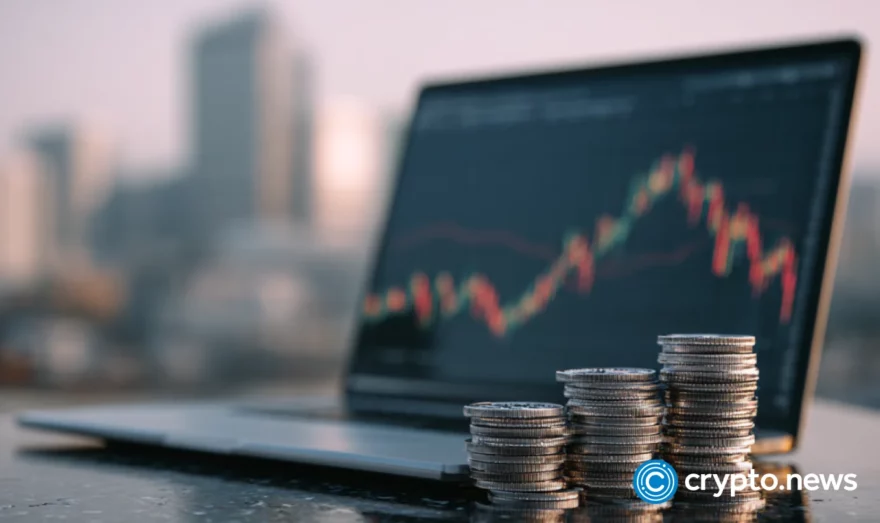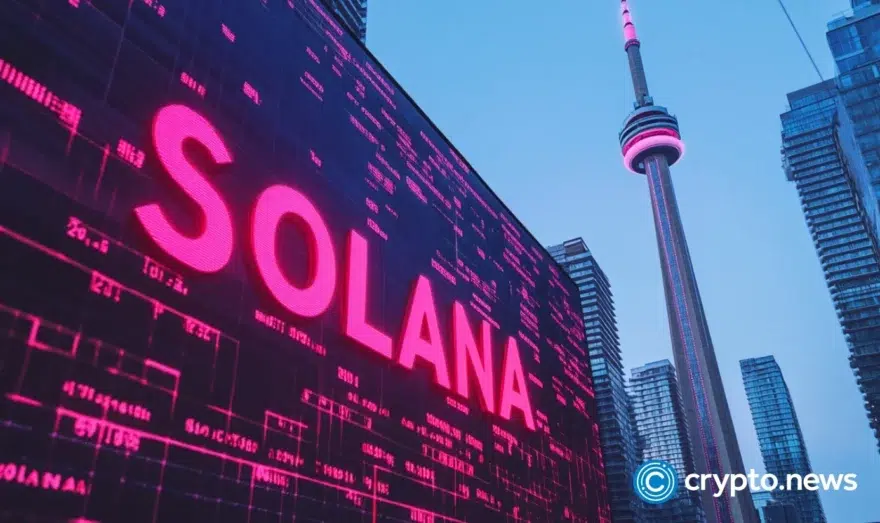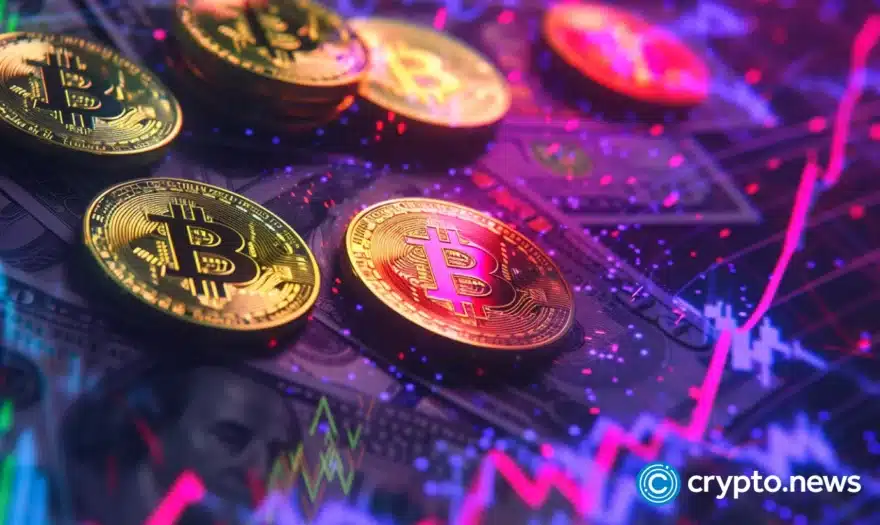The promises and pitfalls of decentralized exchanges | Opinion

Disclosure: The views and opinions expressed here belong solely to the author and do not represent the views and opinions of crypto.news’ editorial.
Historically, centralized exchanges like Binance or Coinbase have battled over the title of the most popular crypto trading platforms. These exchanges influenced the landscape of digital asset trading, attracting both newcomers and seasoned investors. However, reliance on CEXs has not come without drawbacks.
The risks of hacking, operational failures, misuse of funds, and regulatory crackdowns have prompted traders to reassess their options and explore alternatives that offer greater security and autonomy. This is part of the appeal that leads investors to decentralized finance.
Unlike its centralized counterparts, a decentralized exchange allows users to trade directly from their wallets, giving them complete control over their private keys and funds at all times.
It may seem like ancient history, but let’s revisit the infamous fall of FTX. As a CEX, FTX was one of the most prominent centralized platforms in the industry, but its fall from grace was the final straw that broke the camel’s back. After that incident, some traders were convinced that CEXs were far too risky, leading them to explore the advantages of other platform types.
DEXs mitigate the risk of hacking because they don’t hold onto user funds. Instead, transactions occur between the user through smart contracts, reducing the threat of cyberattacks. By eliminating the need for centralized intermediaries,
DEXs significantly reduce the risks associated with hacks, fraud, and custodial failures, allowing users to trade directly without compromising on ownership or security. This model empowers users with greater asset control while fostering a more secure trading environment. And traders are starting to take note.
The DEX to CEX spot trade volume ratio is projected to reach a new record of 13.76 percent in July. This ratio reflects the proportion of trading activity occurring on decentralized platforms compared to centralized ones.

Improved liquidity and enhanced user experience are just a couple of factors that have prompted crypto traders to start investing their money in a decentralized manner, embracing the truly autonomous and transparent nature of cryptocurrency. However, DEX platforms have their own shortcomings to sort out.
With hundreds of DEXs on the market, traders may face challenges like inconsistent liquidity levels, varying transaction fees, and complex user interfaces deterring new users from exploring the emerging ecosystem. Consequently, some decentralized platforms have set out to tackle these weaknesses, such as Astrovault, an automated market maker, aiming to generate revenue directly from its liquidity pools. Unlike traditional DEX platforms, Astrovault employs a new operational approach, reducing its reliance on external liquidity sources and allowing for a more sustainable and resilient model with which users can interact.
Another DEX eschewing the expectations of what a decentralized platform can be used for is QuickSwap, which has grown to become the top asset exchange on Polygon. What is the key differentiator here? QuickSwap hones in on practicality, giving users an incentive to use it beyond trying to earn a yield. By offering services like bill payments via crypto or fiat purchasing capabilities, it pushes the idea of what a DEX is capable of providing its user base while encouraging continuous usage.
While the transition from centralized platforms to decentralized ones won’t happen overnight, recent advancements in the industry underscore the increasing momentum toward this shift. As technologies evolve, they pave the way for more user-centric and transparent financial systems. This progress in trading not only enhances security but also empowers users to take greater control of their assets.

















